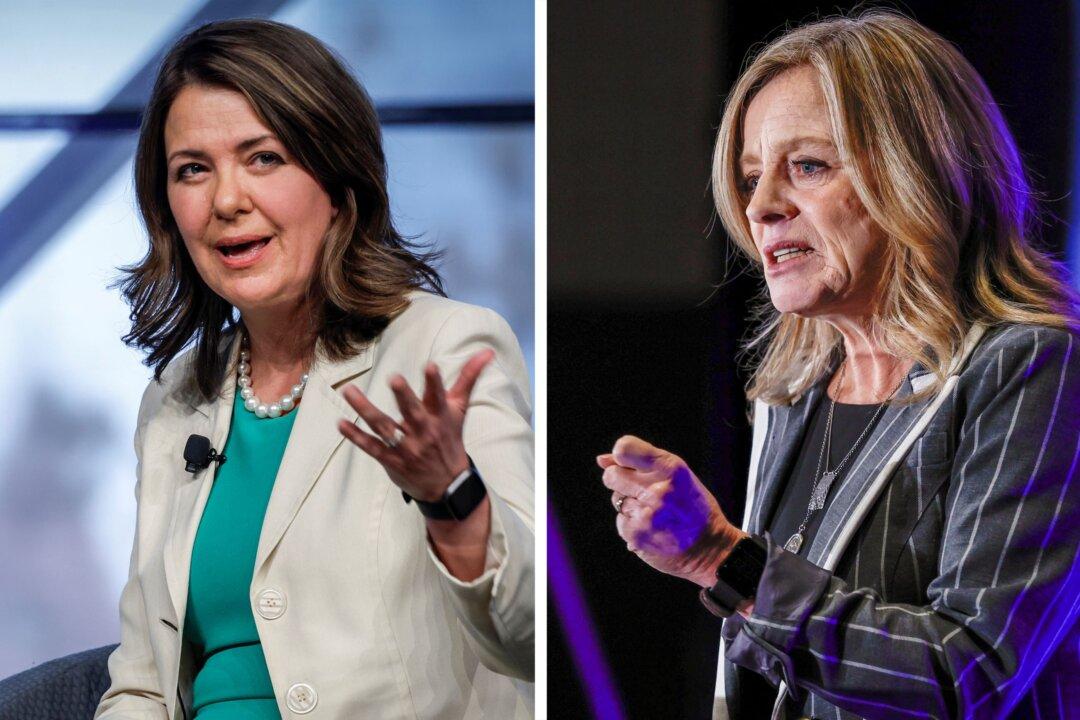Alberta’s conservatives continue to be united under the UCP, while the NDP remains the dominant party of the left. Both parties have undergone shifts since the 2019 election, though not to the same extent. The NDP is still led by Rachel Notley, who was premier from 2015 to 2019, while the UCP has a new leader with a more libertarian slant in Premier Danielle Smith, compared to Jason Kenney, the premier from 2019 to 2022.
As the election gets underway, Smith and Notley are battling for swing voters in Calgary, with the United Conservative Party showing strong in rural Alberta and the New Democrats dominating in Edmonton, according to polls. The vote will take place on May 29.





